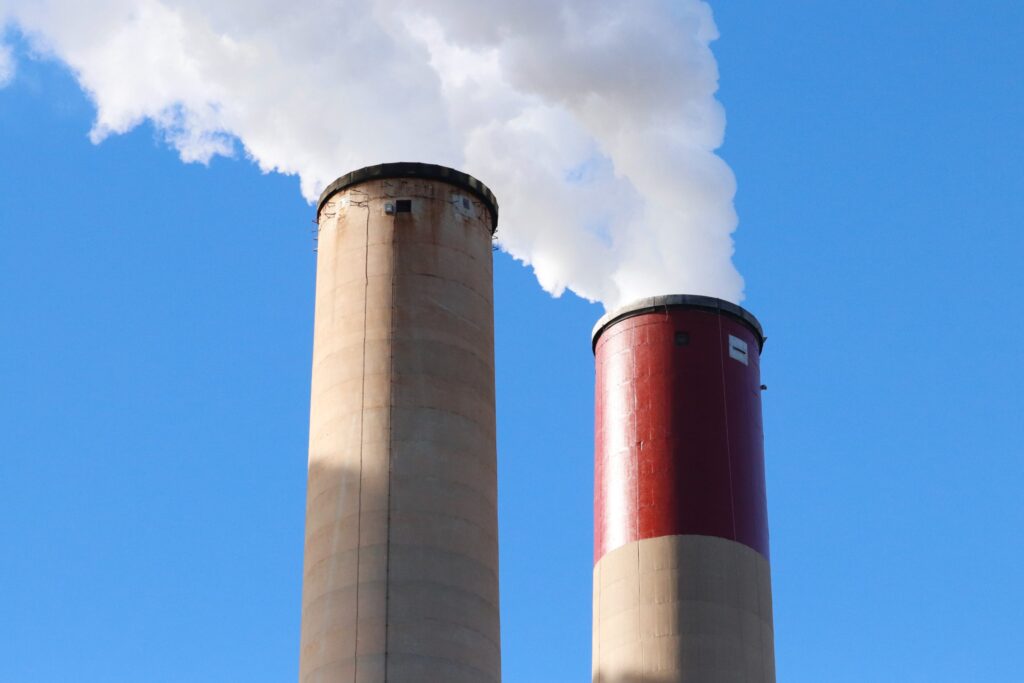The Telegraph has an article about subsidies for biomass plants in the U.K. Did you know that much of the wood pellet fuel used in biomass plants in the U.K. and Europe come from here in the Southeast? And even though trees will regrow, if we are cutting down forests faster than they can grow, we are still making greenhouse gases.
The article describes how some biomass plants in the U.K. and Europe are using wood that is clear-cut from wetlands and older forests in the Southeast, places that contribute to ecological diversity, and help maintain our health. How many news articles have been written about clearing the Amazon rainforest and how damaging that is for the planet’s health, and yet here in the Southeast we are also clear-cutting many of our older forests? The Dogwood Alliance has more information about biomass and describes how the biomass industry is hurting rural communities in the Southeast. The Dogwood Alliance also has voices from communities that speak to what it’s like living near a pellet plant.
Not mentioned in this article is the fact that burning biomass creates major air pollution, including particulates and carcinogens. Wood smoke contains benzo-α-pyrene, one of the carcinogens also found in cigarette smoke, and many other carcinogens. The American Lung Association states that it does not support biomass combustion: “Burning biomass can emit recognized air pollutants, including particulate matter and other carcinogens, which cause premature death and endanger respiratory health.” The Dogwood Alliance also has information about air pollution from pellet plants.
This article in the Telegraph is about biomass in the U.K., but what is said applies just the same to biomass power plants in the Southeast. The plants that make the pellets produce air pollution, the plants that burn the pellets produce air pollution, and wetland natural forests that protect our health are instead being clear-cut. Pellet plants and biomass power plants are often located in vulnerable rural communities. The Energy Justice Network has a map of biomass power plants in the U.S., there are over 30 in the Southeast. You can look up your community on their map, or see their nationwide map.
Biomass combustion creates particulate air pollution. Numerous studies show that particulate air pollution causes heart attacks, strokes, lung disease, and contributes to dementia and numerous other health problems. Yet the EPA (Environmental Protection Agency) has proposed a new rule to NOT CHANGE particulate air pollution standards, even though there is lots of new evidence about how harmful particulates are to our health. If you are a health professional, please take action and sign our letter to the EPA about the need to make standards stronger, not leave them as they are.
06/18/2020





